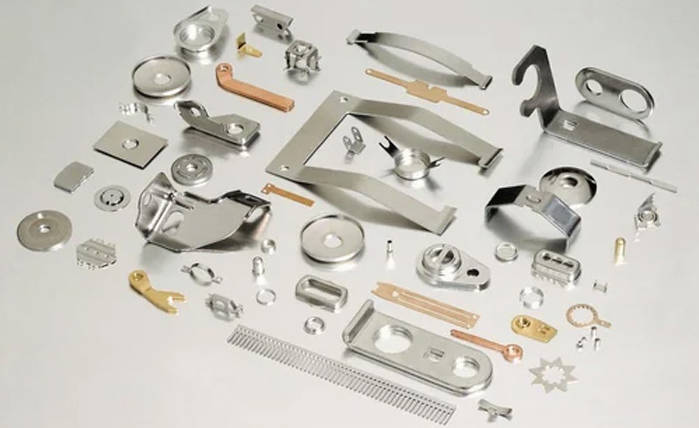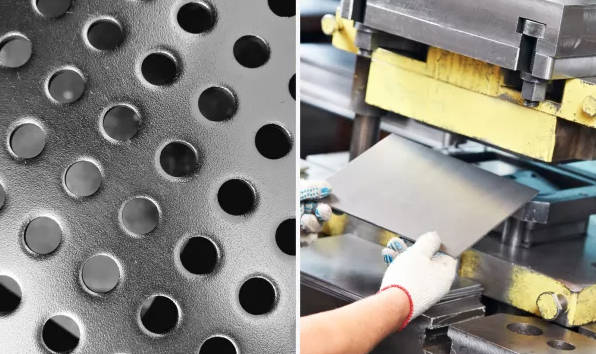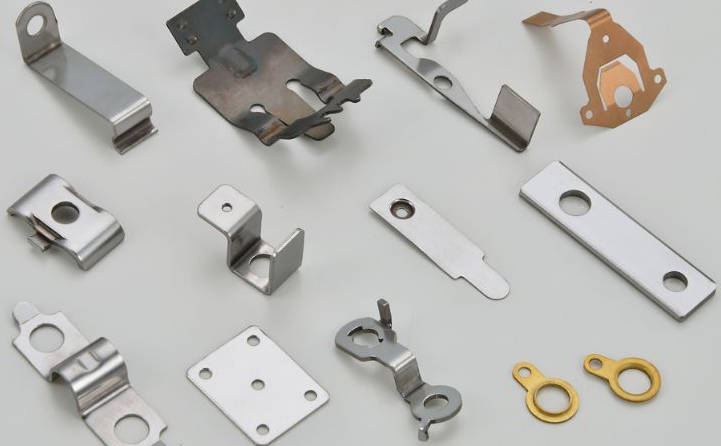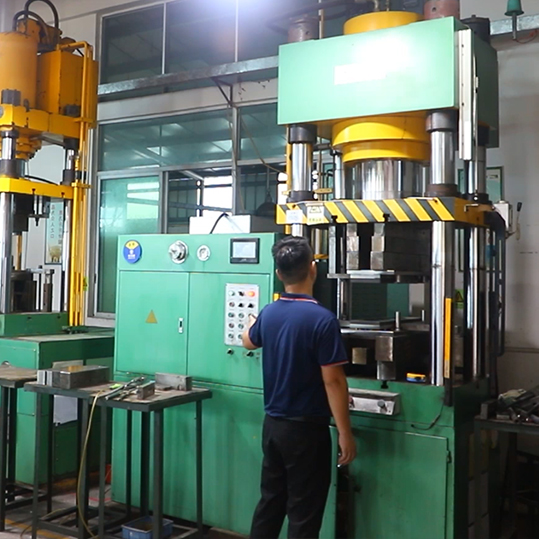
In the fast-paced world of medical device manufacturing, precision and reliability are non-negotiable. Manufacturers often grapple with producing high-quality components under tight deadlines while keeping costs in check. Traditional methods can falter, leading to defects or delays that compromise patient safety. Metal stamping offers a proven solution, delivering exceptional precision, efficiency, and versatility to meet the rigorous demands of medical device production.
The six major benefits of metal stamping for medical devices include: 1) Precision for tight tolerances, 2) Cost efficiency in high-volume production, 3) Ability to craft complex parts, 4) Durability of components, 5) Fast production speeds, and 6) Customization to fit unique specifications.These advantages make it a top choice for manufacturers seeking quality and reliability.
At KAIYAN, we’ve witnessed metal stamping revolutionize production firsthand. A client once faced inconsistent quality with a critical component. After switching to our stamping services, they reduced defects by 30% and halved their production time. This experience highlights why choosing the right manufacturing process matters.
Table of Contents
- What Makes Metal Stamping Precise for Medical Devices?
- How Does Metal Stamping Improve Cost Efficiency?
- Can Metal Stamping Handle Complex Medical Parts?
- Why Is Durability a Key Benefit of Metal Stamping?
- How Does Metal Stamping Ensure Fast Production?
- What Role Does Customization Play in Metal Stamping?
- Conclusion
What Makes Metal Stamping Precise for Medical Devices?
Precision is the backbone of medical device manufacturing. A minor error in a surgical tool or implant can lead to serious consequences. At KAIYAN, we rely on metal stamping to ensure every component meets exacting standards.
Metal stamping achieves tight tolerances through advanced die design and rigorous quality control, ensuring each part meets precise specifications.This precision is vital for devices like pacemakers or diagnostic tools, where accuracy directly impacts performance.
Our process uses cutting-edge presses and custom dies to achieve tolerances as tight as ±0.001 inches. We employ advanced tools like micrometers and hardness testers to verify each part. For instance, when crafting surgical instruments, our stamped components consistently pass stringent dimensional checks, ensuring reliability in critical applications.
Here’s how metal stamping compares to other methods:
| Manufacturing Method | Typical Tolerance |
|---|---|
| Metal Stamping | ±0.001 inches |
| CNC Machining | ±0.005 inches |
| Laser Cutting | ±0.010 inches |
This table demonstrates why metal stamping stands out for precision-focused applications.
How Does Metal Stamping Improve Cost Efficiency?
Cost management is a constant challenge in medical device production. Balancing quality with affordability is essential, and metal stamping rises to the occasion.
High-volume production through metal stamping significantly reduces per-unit costs, making it ideal for large-scale manufacturing. This efficiency helps manufacturers stay competitive without sacrificing quality.
At KAIYAN, our automated stamping lines minimize material waste and labor costs. For a batch of 100,000 medical brackets, we’ve seen per-unit costs drop by up to 50% compared to alternatives like machining. This scalability ensures that as demand grows, costs remain manageable.
Can Metal Stamping Handle Complex Medical Parts?
Medical devices often feature intricate designs, from multi-bend brackets to detailed housings. Manufacturers need a process that can handle such complexity with ease.
Yes, metal stamping can produce complex parts with custom dies designed to exact specifications. This capability makes it versatile for a range of medical applications.
Our engineering team excels at creating dies that form intricate shapes. Recently, we developed a stamped housing for a diagnostic device with precise cutouts and bends, meeting the client’s exact requirements.
Why Is Durability a Key Benefit of Metal Stamping?
Medical devices must endure rigorous use, whether in surgical settings or daily patient care. Durability is non-negotiable.
Stamped metal parts offer superior strength and longevity, ensuring they withstand the demands of medical environments. This durability reduces the risk of part failure, enhancing patient safety.
At KAIYAN, we select high-grade materials like stainless steel and titanium for medical applications. Our stamped components undergo rigorous testing, including hardness and stress tests, to confirm their resilience.
How Does Metal Stamping Ensure Fast Production?
In medical manufacturing, time is often critical. Delays can impact patient care or market competitiveness.
Metal stamping’s automated processes enable rapid production, meeting tight deadlines without compromising quality. This speed is crucial for scaling up production or responding to urgent needs.
Our high-speed stamping presses can produce thousands of parts per hour. For a recent project, we delivered 50,000 stamped components in just two weeks, helping the client meet a critical launch date.
What Role Does Customization Play in Metal Stamping?
Every medical device has unique requirements, from size to material. A one-size-fits-all approach doesn’t work.
Metal stamping offers extensive customization, allowing manufacturers to tailor components to specific needs. This adaptability ensures that each part fits perfectly within the device’s design.
At KAIYAN, we collaborate closely with clients to develop custom dies and select optimal materials. For a recent project, we created a bespoke stamped bracket for a new imaging device, ensuring it met both functional and aesthetic requirements.
Conclusion
Metal stamping stands out as a superior choice for medical device manufacturing, offering precision, cost efficiency, complexity handling, durability, speed, and customization. These benefits ensure that manufacturers can meet the high standards of the medical industry while staying competitive. At KAIYAN, we’re proud to provide these advantages through our advanced stamping services.






